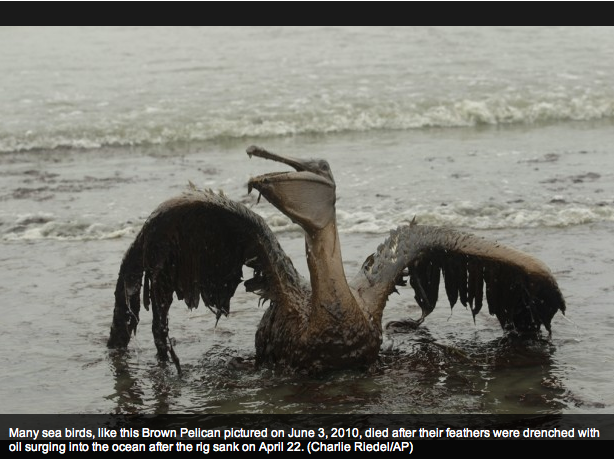According to a report released Wednesday, days before the BP oil spill, BP made a series of decisions that complicated cementing operations. These decisions may have caused the cement seal to break and trigger the explosion. The decisions included using only one cement barrier and choosing Macondo as their location, this location created an additional risk of influx of oil and gas. In addition, BP failed to communicate these decisions and the increasing operational risks to Transocean, owner of the Deepwater Horizon.
Further changes to offshore drilling practices have been recommended, including requiring at least two barriers to be placed in a well – one mechanical and the other cement. The panel also recommended that BOEMRE should do standardized testing procedures on oil and gas wells.
Offshore oil drilling is a hazardous practice that can and has severely polluted the environment. Thus it is important for all oil and gas companies to take every precaution possible to prevent oil spills. BP’s decision to use one cement barrier without thoroughly thinking it through (and taking the environment seriously into concern) and not letting Transoceans know about their decisions was extremely unethical. This resulted in the largest accidental marine spill in history, releasing 78 million litres of oil into the Gulf of Mexico, killing 11 workers, and severely damaging the marine and wildlife habitat.
Sources: http://www.cbc.ca/news/business/story/2011/09/14/bp-offshore-oil-spill-report.html

